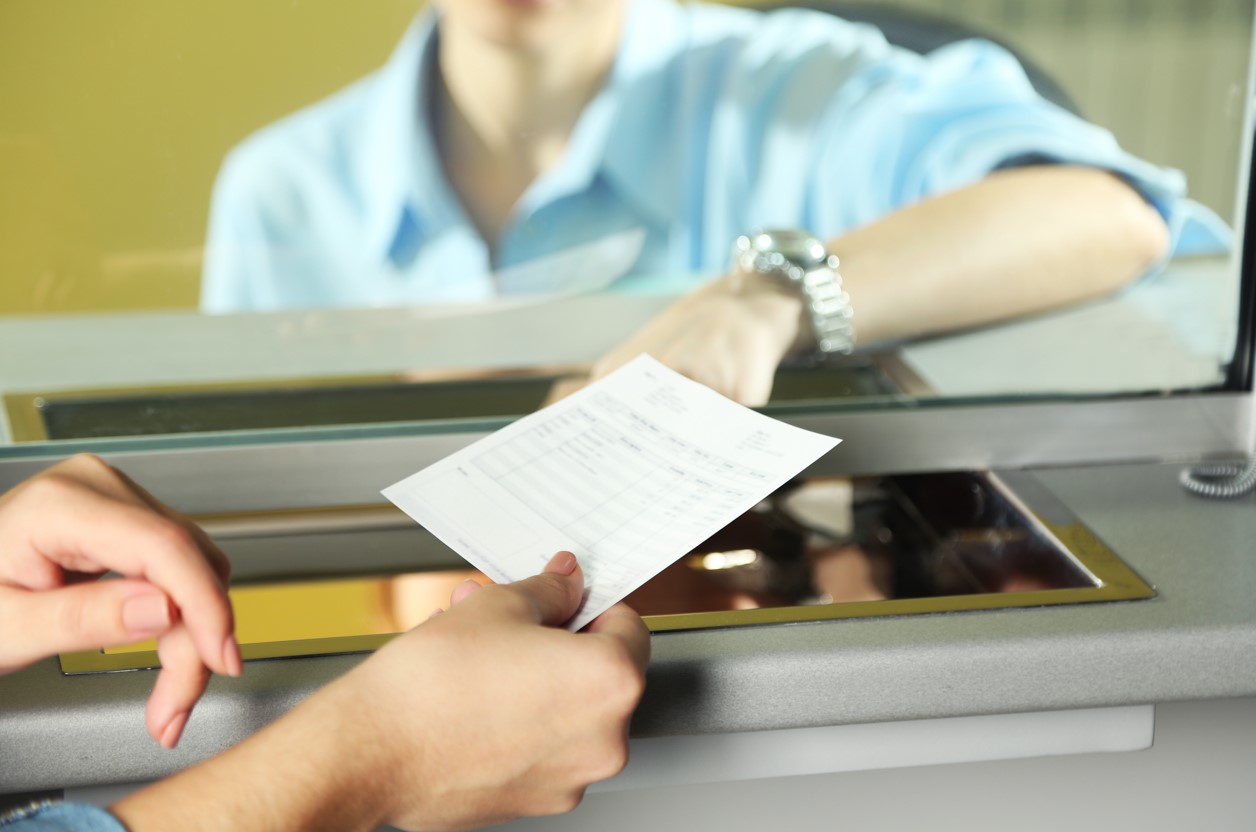
If you have a check that’s made out to you, can your spouse deposit it into your bank account? The answer may surprise you.
Why Are There Guidelines?
There are a few reasons why banks have guidelines in place for who can deposit checks into accounts. First, it’s a way to prevent fraud. If someone other than the account holder tries to deposit a check into an account, the bank may be on the hook for any funds that are lost as a result of fraud.
Second, it’s a way to protect the account holder’s privacy. If someone other than the account holder tries to deposit a check into an account, the bank may need to disclose information about the account holder to verify that the check is legitimate. This could violate the account holder’s right to privacy.
Third, it’s a way to protect the bank’s interest in the account. If someone other than the account holder tries to deposit a check into an account, the bank may not be able to verify that the check is legitimate. This could lead to the bank losing money if the check turns out to be fraudulent. In short, having these guidelines in place is a layer of protection for both the bank and the account holder in a time when fraud is on the rise.
What Are the Guidelines?
The guidelines for who can deposit a check into an account vary from bank to bank, but some general principles apply to most banks. First, the person depositing the check must be listed on the account. This means that if you have a joint account with your spouse, your spouse can deposit a check made out to you. But if you have an individual account, only you can deposit a check made out to you.
Second, the person depositing the check must have identification that matches the name on the account. This is to prevent someone from trying to deposit a check into an account using a fake ID. Entity Extraction is the task of identifying named entities in text and classifying them into pre-defined categories such as person, location, organization, etc. It is beneficial in the banking domain for fraud detection, KYC verification, etc.
Third, the person depositing the check must be able to provide any other information that the bank requires to verify the deposit. This could include things like the account holder’s Social Security number or date of birth.
There’s No One Answer
While most banks will allow a spouse to deposit a check into an account as long as they have the proper identification and can meet all other security measures, some financial institutions have different policies in place. For example, Bank of America requires that the individual named on the check be present to deposit it.
If you’re not sure about your bank’s policy, it’s always best to err on the side of caution and bring the check to the bank yourself. This will ensure that there are no problems with the deposit and that the money ends up in the right account.


